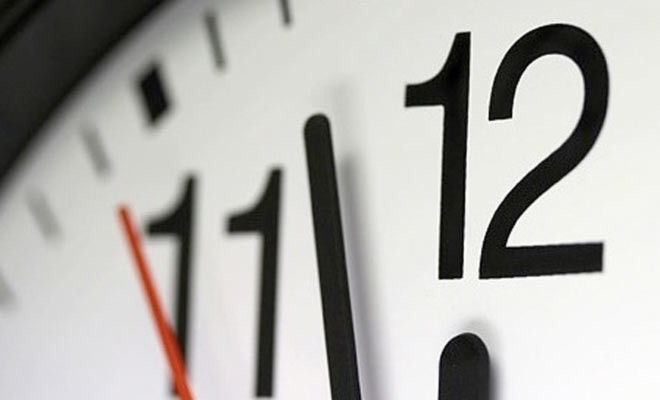
Once you have taken complete control of your routine, you may be wondering whether there are further changes you can make to maximize your results from diet and fitness.
Even if you take every workout session seriously and have supplements and eating down to a science, there is still one more thing to do to make sure your body is burning fat and building muscle and strength even more efficiently.
Instead of forcing your body to adapt to your rigid meal schedule, you can learn to anticipate what your body’s nutritional needs will be and have a response planned. You can alter your meal schedule and eat the right foods and supplements at the right times.
Eating exactly what you need when you need it ensures that your body’s immediate needs are met.
In the Morning: Whey and Complex Proteins
As soon as you wake up, you need to consume about twenty to thirty grams of a fast-digesting protein like whey protein. The period while you are asleep is generally the longest fasting period you experience. For six to eight hours, you ingest no protein or carbohydrates to replenish your energy sources.
Protein is an issue while you sleep, since muscle tissue is built and repaired while you sleep, ensuring that any protein you ate before going to sleep is almost entirely used up.
Once you wake up in the morning, your body will respond to your changing nutritional needs by turning to the energy source it has left: the protein in your muscles. Taking whey protein soon after you wake up will restore your amino acids to prevent catabolism from occurring and will provide you with a quick source of energy.
Eating forty to sixty grams of complex carbohydrates, including a high level of soluble fiber, will provide you with enough energy to get through most of your morning. Your body will slowly metabolize glycogen from these kinds of carbohydrates, replenishing your glycogen stores in preparation for your workout later in the day. Oatmeal is an excellent source of these kinds of carbohydrates. You can add fruit for extra fiber and flavor.
Non-Morning/Mid-Afternoon Sugar Crash: Protein Shake and Healthy Fats
The blood sugar slump you experience in the mid-morning and mid-afternoon can negatively affect the rest of your day, including your workout, if not handled properly. These parts of your day are often the most stressful, triggering cravings for high-calorie foods, leaving you without muscle-building nutrients and leaving you more likely to eat nutritionally-empty foods like candy bars or fast food.
Drinking a protein shake and eating a serving of mixed nuts or almonds will provide the protein your body needs to continue repairing and building muscle. The nuts will keep your blood sugar stable by providing healthy fats. This is a convenient way to relieve hunger and keep your body’s metabolism stable.
Also read: Unique fat burning formula of Instant Knockout >>
Pre-Workout: Protein and Complex Carbohydrates
By loading with protein before your workout, you can saturate your muscles amino acids before muscle repair even begins. The protein you consume will also provide you with another energy source for your workout. This way, if your body’s stores of carbohydrates are depleted, it will not have to begin catabolizing your muscle tissue. Whey protein shakes are good for this. Thirty to forty grams of protein is best for pre-workout.
Getting enough complex carbohydrates will ensure that the protein can all be used for muscle repair, and it will give you a constant source of energy. Eat forty to sixty grams of whole grains or high-fiber fruit such as apples. Your complex carbohydrates should be eaten with your protein thirty to sixty minutes before your workout.
Post-Workout: Simple Carbohydrates and Protein
After your workout ends, your body is in a nutritional deficit. Your muscles in particular need repair, and the best time to make sure that they continue to heal and build quickly is right after your workout.
Countless dietitians recommend eating a post-workout meal of protein and simple carbohydrates within one hour of your workout.
Taking another forty grams of whey protein will get amino acids to your muscles quickly to allow them to repair continuously. The more quickly your muscles can absorb protein, the more quickly it can begin repairing muscles. Muscle fibers continue to break after your workout, but a quick protein boost can minimize this effect.
Simple carbohydrates will cause an insulin spike that will allow your body to quickly get protein to your muscles. High levels of insulin normally cause your body to store excess sugars as fat, but this is not a concern immediately following your workout since there is not likely to be a surplus of sugar in your system. Foods such as bagels, white bread or rice are simple carbohydrates. Sports drinks also provide simple carbohydrates and may be better for people who find it difficult or simply do not like to eat after their workout.
Evening: Protein and Complex Carbohydrates
After the nutrients from your post-workout meal are absorbed by your body, protein synthesis accelerates because of the protein you ate before and after your workout. Eating and drinking more protein like gallon milk within one and a half hours after your post-workout meal will help sustain the protein synthesis for repair and muscle building.
At this point, meat, fish and poultry give you another protein boost to make sure that muscle building and repair continues. Complex carbohydrates like brown rice or whole grain pasta digest slowly, keeping you full for the night while regulating your blood sugar to prevent insulin spikes and fat storage.
Before Bed: Protein and Fat
You enter an eight-hour period of fasting when you sleep. Your body requires a lot of nutrients while you sleep, since your brain enters periods of high activity and your muscles begin to repair. Eating a slow-release protein before you go to sleep will ensure your body has enough protein to continue muscle repair.
Casein powder, cottage cheese, Greek yogurt and eggs are all slow-releasing proteins. They keep more amino acids in the body over a longer period of time, since they digest slowly. Whey protein digests much faster than these foods and is not effective for keeping your body well-supplied with protein during sleep.
The fat in these foods will help slow the digestion of the proteins even more, keeping a steady supply of protein to your muscles for the duration of the night. The fat in these foods will not add body fat, since it is used during sleep. Keeping a moderate level of carbohydrates and an intense workout regimen will keep you from gaining fat.
Off Days
Different people have different goals and needs. Your diet may need to change on your off days. People who are trying to build mass should stick to this same plan every day, since the protein and carbohydrates will help you continue to build muscle mass.
People who are trying to become lean but maintain muscle mass should remove some of the carbohydrate content from this schedule. This cut should not be extreme. You can simply eliminate some of the carbohydrates from the pre-workout meal and completely eliminate the simple carbohydrates from the post-workout meal. This will keep your caloric intake at an appropriate level while giving you enough energy to get through the day.
Also read: Herbal appetite suppressant ProShapeRX >>

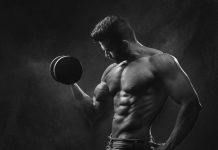
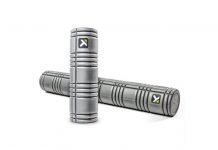




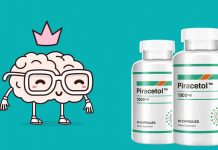


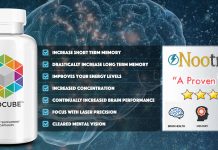


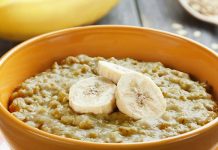
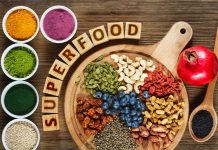
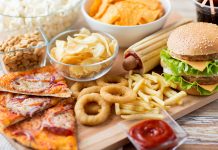

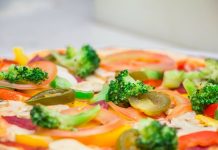
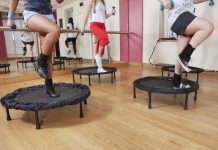



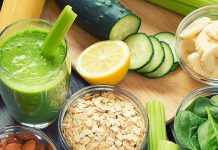


I always run into a situation where I am not eating at the time, but then I leave the house. I feel like it might only be for a few hours and it turns into something much longer and my meal times get a little jacked up. What do you recommend in that situation? Should I just stay on track and keep going with the plan, or will I have to mix things up before I can get back into a routine?
Can you skip any meals when you are working out in this way? Sometimes I just do not feel like eating much and might skip breakfast or lunch. I never skip more than one meal, I am just asking in general.
Fat before bed huh? I always wondered about that being the right thing to do. I know that carbs are bad at the end of the day. Assuming the fat and protein help you feel more full, does it always help to workout a little before bed?
Comments are closed.